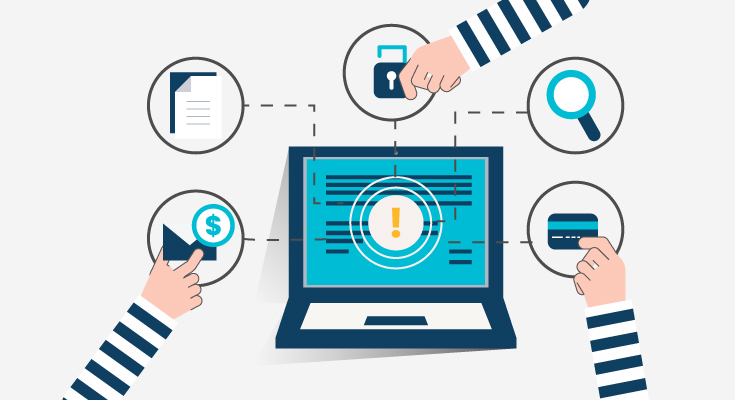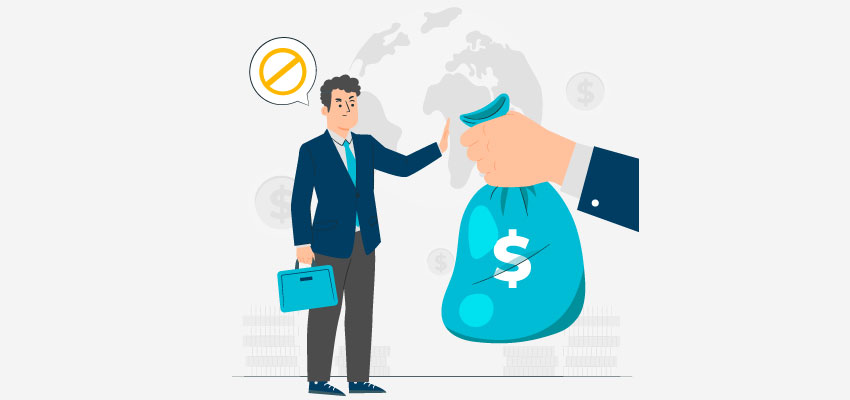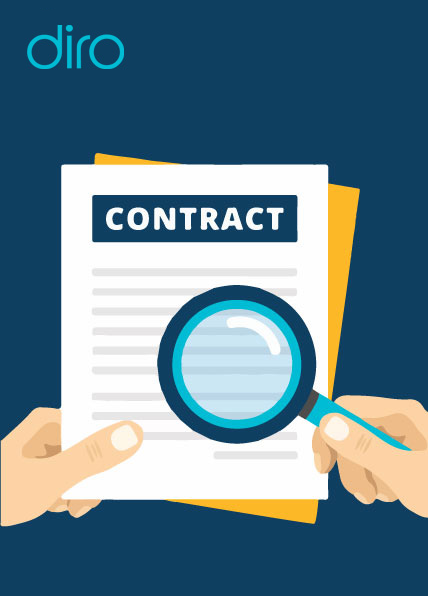Marketplace Fraud Trends

Marketplace fraud is, as the name suggests. A buyer or seller makes false claims through a company. The fraud could be as simple as making false claims about the quality of products and services, or selling different items as advertised.
An online marketplace provides buyers and sellers with a platform to find one another. eBay is the father of online marketplaces. Launched in 1995, it opened the floodgates for other online marketplaces.
Since then, online marketplaces have grown to offer so much more. You’d be able to find a marketplace for any service or product you could think of.
Marketplace Fraud Trends
At its core, the fraud marketplace can be broken into two categories. Buyer scams and seller scams. You’ll be able to find scammers on both sides of the transaction.
Here’s a breakdown of the common buyer and seller marketplace fraud trends:
Types of Buyer Fraud
Scams that target buyers are more common on online marketplaces. Here are the most common types of fraud that scammers use to trick buyers.
1. Counterfeit Goods
Millions want the luxury of expensive goods but don’t have the money to experience the luxury. To match this demand, fake luxury goods are produced in countries like China, Turkey, and others. Online marketplaces face a lot of issues with counterfeit goods.
Customers who can’t differentiate between original goods and counterfeit tend to fall for these scams.
Sellers are extremely good at tricking people into believing that they’re selling a legit item. Customers often fall prey to paying absurd amounts of money for a fake item.
The best way to prevent this fraud is to research possible counterfeits. There are online forums such as Reddit that have communities that can help you decide whether a good is legit or fake.
2. Non-Delivery Scams
This is another common marketplace fraud trend. The best way to scam a buyer is by selling an item that the scammer never intends to deliver.
There are situations where the seller makes up a fake advertisement and doesn’t have anything to sell. You can probably find photos that look suspicious, and the seller may not be able to answer specific questions.
The best way to tackle this fraud is to always ask for secondary images and images from different angles. You can ask the seller to also send a photo of the product and a piece of paper with your name written on it.
This is in no way a complete solution, as a lot of scammers do have the item in their possession. By making fake listings, sellers can sell a single item multiple times to multiple victims without delivering anything.
Some ways to spot this type of fraud include:
- Check reviews and comments. Especially look if anyone has mentioned being scammed by this seller.
- Ask whether you can pick up the item in person and pay with cash. If the sellers tell you they can only send it via post, it’s probably a scam.
- Always be wary of people who want you to pay using cryptocurrencies or use any non-secure payment methods. Apart from cryptocurrencies, look out for international fund transfers, money orders, and pre-loaded gift cards.
- If the seller pushes you to make the money transfer as soon as possible. And if they try to give some enticing offer to sell you the product as soon as possible, they’re trying to manipulate you into buying.
- If the seller requests that you communicate or pay outside of the Facebook marketplace, then it is most likely a scammer.
3. Phishing Scams
Phishing scams are one of the most common types of scams you’ll find online. These types of scams can be just as common on online marketplaces as they are elsewhere.
A phishing scam is designed to steal your personal information to defraud you. To make this type of fraud happen, fraudsters make up a fake listing. These listings can contain links to malicious websites that are designed to steal your data.
The best way to identify phishing scams is when the scammer asks for your personal information. Sensitive information that makes no sense to ask for while purchasing something.
Any sensitive information you provide to the scammer can be used to engage in fraud.
4. Rental Scams
Rental scams are growing at an alarming pace. Scammers make up fake listings for properties, rooms, boats, sports arenas, etc.
Once someone shows an interest, the scammer asks for an upfront payment or deposit to secure the rental. After the buyer makes the payment, they lose their money as there is no rental place/equipment to use.
To prevent yourself from getting scammed, don’t rent on marketplaces that aren’t built specifically for renting services. Moreover, you can ask to see the place/equipment first and pay money in person.
5. Ticket Scams
If you’re on the hunt for tickets to a sold-out Foo Fighters concert, seeking a Lollapalooza ticket, or coming across unbelievably cheap entry to a famous art gallery on Facebook Marketplace, beware of ticket scams.
Scammers are adept at selling counterfeit tickets that look genuine but will leave you disappointed on the night of the event. To safeguard yourself, exercise extreme caution and only purchase tickets from authorized sellers and resellers.
While legitimate ticket touts do exist, selling tickets at a premium, there are just as many scammers peddling expensive forgeries, with Facebook Marketplace being a preferred platform for their schemes. Stay vigilant and follow these guidelines to avoid falling victim to ticket scams:
Purchase tickets only from authorized sellers and resellers.
- Be wary of deals that seem too good to be true or significantly cheaper than the regular ticket price.
- Verify the seller’s legitimacy by checking their reputation, reviews, or feedback from previous buyers.
- Avoid using insecure or non-refundable payment methods like bank transfers or cryptocurrency.
- Exercise caution with electronic or print-at-home tickets, as they can be easily forged and sent by scammers via email.
- Cross-check ticket details, including the date, time, venue, and seating information, against the official event information to spot potential discrepancies in the scammer’s advertisement.
- Compare the ticket’s appearance with an official one to detect signs of counterfeiting.
- Be cautious of sellers who rush you into making a payment.
- If possible, meet the seller in person to verify the authenticity of the tickets before purchasing. Trust your instincts and thoroughly assess the legitimacy of the ticket purchase from the seller.
- Maintain all communication and documentation related to your ticket purchase as evidence for potential complaints.
6. Pet Scams
The pandemic and the rise of remote work have sparked increased interest in pet ownership. Unfortunately, scammers have exploited this trend by creating fake listings for pedigree puppies, kittens, and other popular pets on Facebook Marketplace.
To avoid being defrauded by pet scams, follow this simple checklist:
- Visit the seller in person to verify the existence of the pet, its health, and the conditions it is kept in.
- Do not make upfront payments for vaccines or unnecessary charges.
- Only provide a deposit if you are certain about the seller’s legitimacy.
- Use secure payment services for transactions.
- Preferably, pay for the pet when you pick it up to ensure its authenticity.
Seller Scams
Sellers are not exempt from fraud, and awareness of potential pitfalls is crucial to safeguard themselves. Here are some common seller scams:
- Payment and Overpayment Scams
Always verify that you have received a payment from the buyer and that it has completely cleared before offering any refund. Use payment methods that cannot be reversed at the last minute.
Wait until you have received the returned item and checked its condition before issuing a refund.
- Electronic Payment Delay Scams
Never allow a buyer to leave with the item until their payment has fully cleared.
- 2FA Scams
Avoid sharing your phone number and 2FA codes with anyone you meet online, as they may exploit them for fraudulent purposes.
- Phishing Scams
Be cautious of suspicious inquiries and limit sharing of personal information with potential buyers. Use secure communication channels and verified payment methods.
Always trust your instincts and proceed with caution when dealing with buyers or sellers on online platforms like Facebook Marketplace or others. Following these guidelines can help you avoid falling victim to scams.













